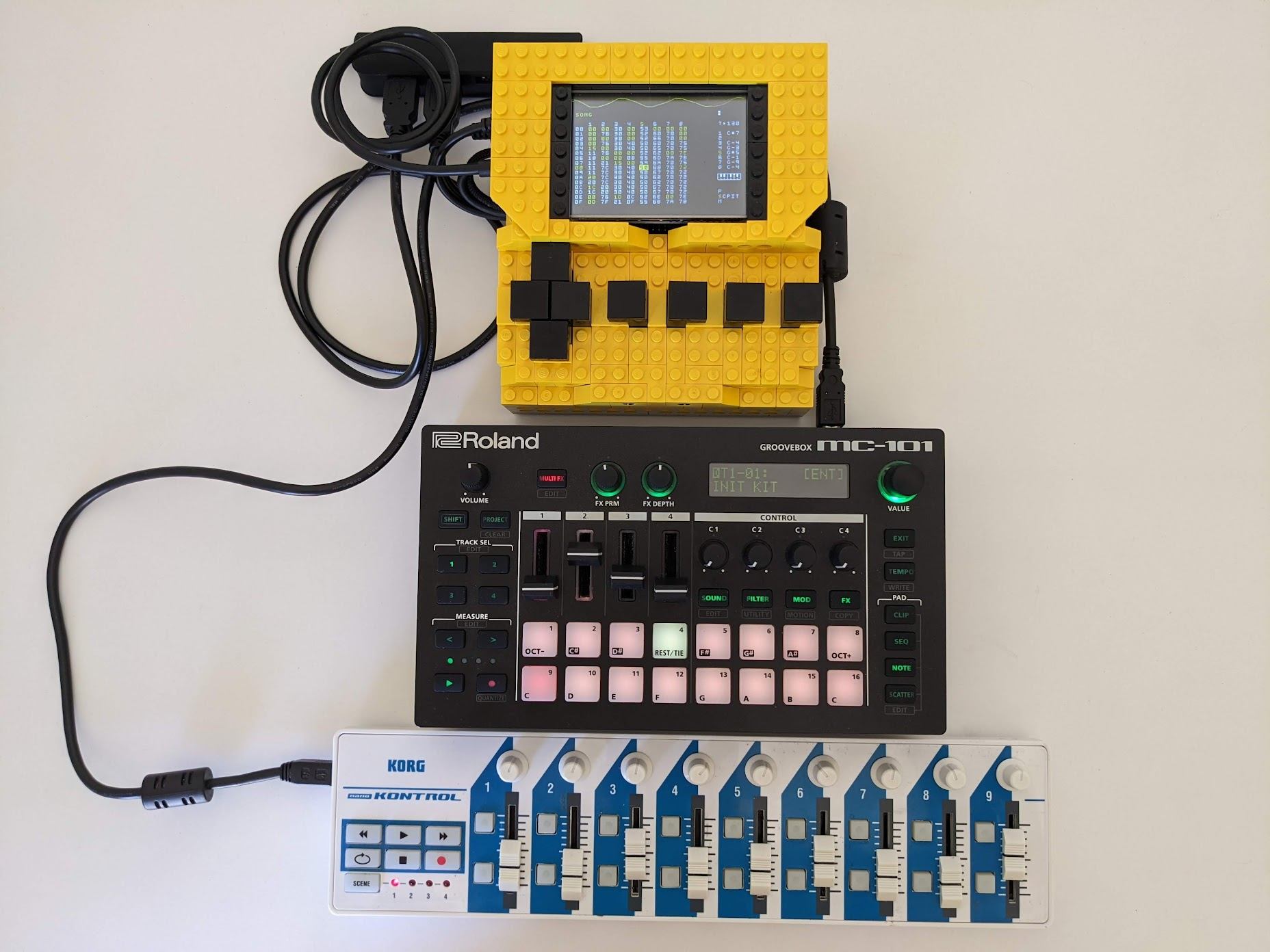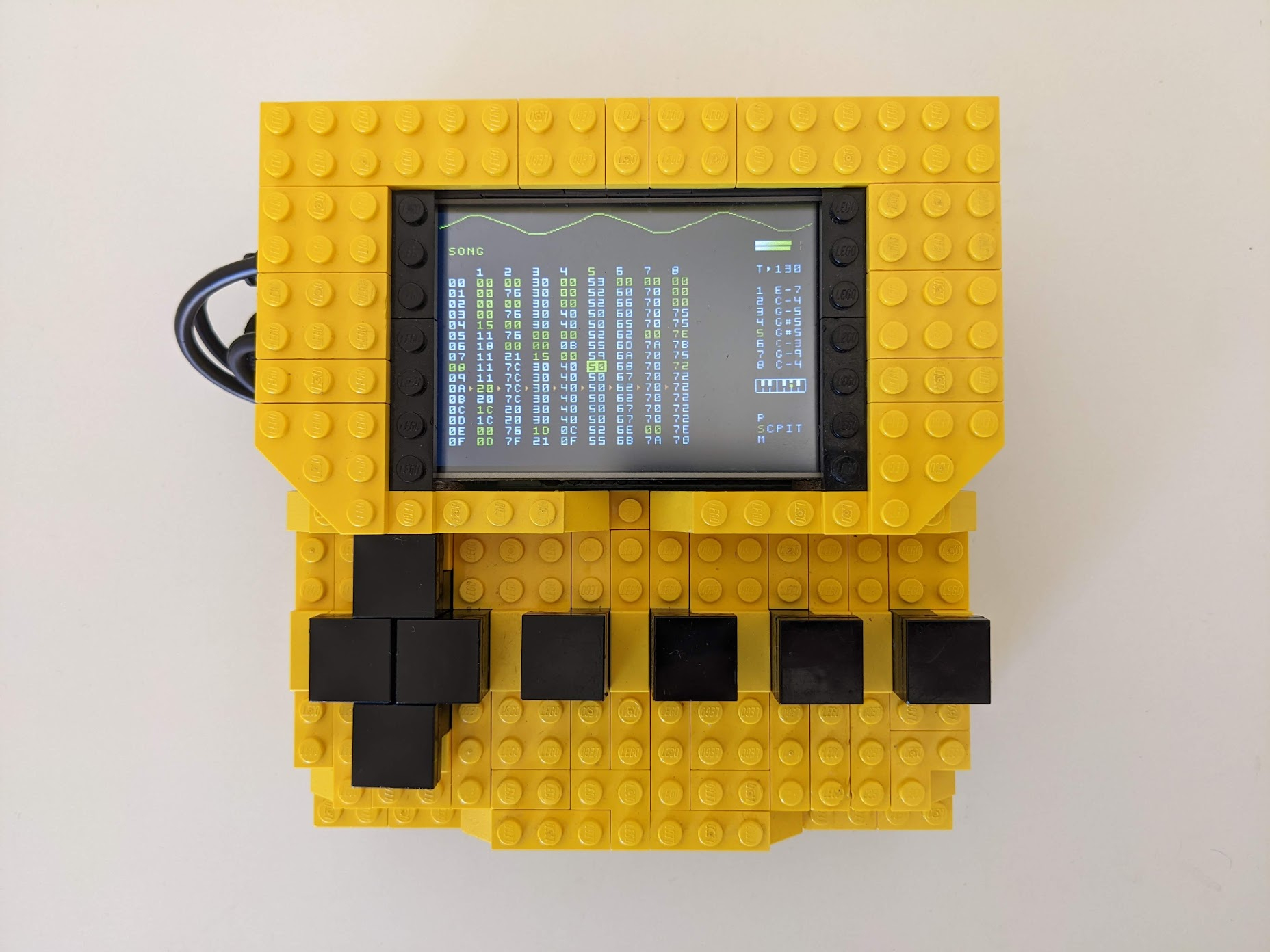Raspberry Pi Powers DIY Headless M8 Synthesizer
The Raspberry Pi is a versatile tool thanks partly to its compatibility with a vast range of open-source software and compact size. It makes it an ideal system for building many projects and even recreating more expensive devices at a fraction of the cost. Today we’ve got an impressive synthesizer project to share with you created by a maker named Ricardo. After hoping to take home a Dirtywave M8 synth, he discovered they were sold out and opted to build his own from scratch using a Raspberry Pi 4.
Ricardo is an experienced musician who was looking to replace some of the functions from his Roland MC-101 with something that had better sound quality and the ability to support audio input. It also had to have compatibility with his Groovebox, a digital instrument designed to make electronic loops. Ricardo also needed the unit to be completely portable and turned to our favorite SBC to create his own.
He initially came across a unit called the Dirtywave M8, but because it was sold out, he had to look for other options. Unfortunately, the Dirtywave M8 and Raspberry Pi are hard to come by, but he managed to snag a Pi and thus built his M8 from scratch. If you’re also looking to buy a Raspberry Pi, check out our guide on where to buy a Raspberry Pi 4 to get your hands on the latest model.
In this case, Ricardo is using a 1 GB Raspberry Pi 4 B, but you could easily swap it for another Pi with more RAM. He included a 3.5-inch LCD screen connecting via HDMI and a TeenTeensy 4.1 board running M8 headless firmware. It’s driven with a USB game controller and housed inside a shell made entirely from Lego.


Software-wise, he’s opted to use Patchbox OS instead of the usual Raspberry Pi OS. It is a Linux distro designed for audio-based projects on the Raspberry Pi. You can find out more about Patchbox OS on the official website. Ricardo was also kind enough to make his Raspberry Pi M8 project completely open-source for anyone who wants to make something similar.
If you want to recreate this Raspberry Pi project yourself, head to the official Raspberry Pi M8 GitHub page for an up-close look at how it goes together, and check out this video of it in action over at YouTube.
Get Tom's Hardware's best news and in-depth reviews, straight to your inbox.

Ash Hill is a contributing writer for Tom's Hardware with a wealth of experience in the hobby electronics, 3D printing and PCs. She manages the Pi projects of the month and much of our daily Raspberry Pi reporting while also finding the best coupons and deals on all tech.
